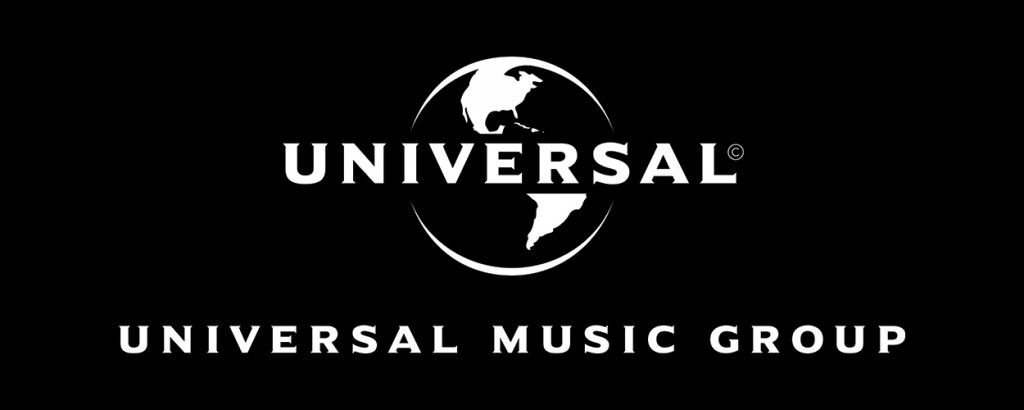This website uses cookies so that we can provide you with the best user experience possible. Cookie information is stored in your browser and performs functions such as recognising you when you return to our website and helping our team to understand which sections of the website you find most interesting and useful.
Business News Labels & Publishers Legal
A declaratory judgment on future termination notices is justified, US judge now says in big termination rights case
By Chris Cooke | Published on Wednesday 12 August 2020

There have been further developments in the big termination rights case involving Universal Music and a bunch of heritage artists. The court hearing that case has ruled on various technicalities, the most important of which relates to declaratory judgments.
The American termination right says that ‘authors’ who assign their copyrights to another entity have a one-time opportunity to terminate that assignment and reclaim their rights after 35 years. On the songs side of the music business, American songwriters reclaiming their US rights in this way has become routine. There are formalities a songwriter must go through, but in the main termination notices are accepted by music publishers.
However, on the recordings side many corporate rights owners have resisted efforts by artists to reclaim assigned rights. This is principally on the basis that record contracts are so called work-for-hire agreements, making the label not the artist the default owner of the resulting copyright. Therefore, there was no assignment of rights from artist to label 35 years ago and as a result the right to terminate that assignment does not apply.
Needless to say, most artists disagree with that argument, in turn arguing that record deals aren’t really work-for-hire agreements at all. After years of debate on that point, both Universal Music and Sony Music were sued last year by various artists seeking to reclaim their recording rights.
Those lawsuits continue to go through the motions, with all sorts of technicalities needing to be considered. Because, beyond the core question over whether or not record deals are work-for-hire agreements, the majors have tried to hinder the artists’ claims with other arguments too.
That includes finding issues with the termination notices that artists have submitted – either by claiming that key information was missing or insisting that deadlines were missed – and also arguing that where artists did deals with the record labels via their own companies, the termination right does not apply.
All those technicalities were considered in a court ruling back in March, and some of them were discussed again in a new ruling this week. That latter ruling also considered efforts by the artist side in the dispute to add new plaintiffs and defendants to the lawsuit.
Also considered, in both the March ruling and the new ruling, is the request by the artists for a declaratory judgment on the validity of their termination notices, which would amount to a rejection of the labels’ work-for-hire argument. This is particularly important for those artists involved in the case who are yet to reach the 35 year point where their termination notices would go into effect.
In March, the judge said that such a declaratory judgment would be inappropriate, mainly because the court couldn’t foresee what other arguments Universal might present in the future, meaning a declaratory judgment on termination notices and the work-for-hire argument now wouldn’t necessarily help those artists yet to reach the 35 year point down the line.
However, in the new decision, having considered new arguments presented by the plaintiffs, the judge concludes that there is now a case for declaratory judgment because “resolving certain legal issues prior to the effective dates of termination would be useful even if not a complete solution”.
Although the really big arguments in this case – mainly the work-for-hire debate – are yet to actually be considered, the new ruling on a possible declaratory judgment makes these ongoing proceedings of interest to a bigger group of artists. The case, as they say, continues.





